FAQs
How long will it take to see results with Arcadia Counseling?
The length of time it takes to see results from counseling sessions with Arcadia varies depending on the individual and the issues being addressed. Some clients may see improvements after just a few sessions, while others may require longer-term therapy.
The best outcomes result from clients coming to sessions consistently and doing the internal work that they need to do outside of those sessions. Like most things, you get out of it what you put in.
What hours are you available?
Each therapist has their own hours that they are at the practice. When you first reach out to schedule an intake with a member of our team, they’ll work with you to find an appointment date and time that will work for all parties. Please note that we are not available 24/7 to answer calls, texts, or emails from clients. If there is an emergency, our recommendation will be to call 911 or go to the nearest emergency room. Otherwise, most therapists will respond to calls, texts, or emails within 24 to 48 business hours.
What qualifications do the therapists at Arcadia Counseling have?
The therapists at Arcadia are licensed or license-eligible professionals with advanced degrees in counseling or a related field, such as social work. The therapists have varied interests and backgrounds, but most have a common interest in trauma-focused approaches and existential work. All of our therapists are trained to provide EMDR therapy.
What can I expect at the first session?
Generally speaking, the intake session is where your therapist will set expectations for the way that therapy will proceed as well as get information from you regarding why you are seeking services. They will most likely engage in informed consent, meaning that they will discuss the limits of confidentiality with you. They may share some information about their background and what you can expect in terms of their style of therapy. Then they’ll get into what brings you to the office. This can include discussion of current symptoms, history of symptoms, family history, relationship with family and friends, goals, hobbies, etc.
Does Arcadia Counseling accept insurance? What are the out-of-pocket costs?
Arcadia does accept insurance but it is always recommended that clients verify that we are an in-network provider with their insurance company prior to their initial appointment.
At this time we are in-network with Blue Cross Blue Shield, Blue Cross Blue Shield Community, Aetna, United, and Cigna. We are not in-network with most Medicaid or Medicare plans at this time. You may be responsible for out-of-pocket fees such as copay, coinsurance, or remaining deductible.
For self-pay clients the cost of an intake session is typically $175 and subsequent therapy sessions are $135.
How do I verify that Arcadia Counseling is in-network?
Typically your insurance card will have a phone number on it that you can call and they will be able to tell you whether or not a provider is in-network. Most insurance companies also have online directories of in-network providers.
Is this actually confidential? What are the limits of confidentiality?
Yes, sessions are actually confidential. However, it's important to note that there are limitations to confidentiality. Disclosing these limitations to clients is part of the informed consent process when meeting with a new client. In these situations we may be obligated to break confidentiality. The limitations, generally speaking, are as follows:
1) Risk of harm to self. If a client is telling us that they're having thoughts of suicide, especially if there is a plan with means and intent to follow through with it. Does this mean that everyone who discloses suicidal thoughts ends up going to the hospital? No! At that point the therapist would ask further questions to determine whether the client was able to safety plan, or if the client had a plan with means and intent. It's that line of questioning that determines whether someone goes to the hospital for an evaluation.
2) Risk of harm to others. If a client is telling us that they're having thoughts to harm others, especially if there's a plan with means and intent. There is also a duty to warn, meaning that we are legally obligated to make a good faith effort to inform the target of the potential threat that a threat has been made against them.
3) Child abuse. We are mandated reporters of child abuse. If we suspect child abuse or it is reported to us that an adolescent client is being abused we are legally obligated to make a report.
4. Elder abuse/abuse of the disabled. Same as above
5. If we are subpoenaed by a court
The decision of whether or not to break confidentiality due to concerns of client safety or the safety of the public is a matter of clinical discretion, so these rules are not as black-and-white as they seem. If you have questions, please ask your therapist or potential therapist about their approach towards the limitations of confidentiality
